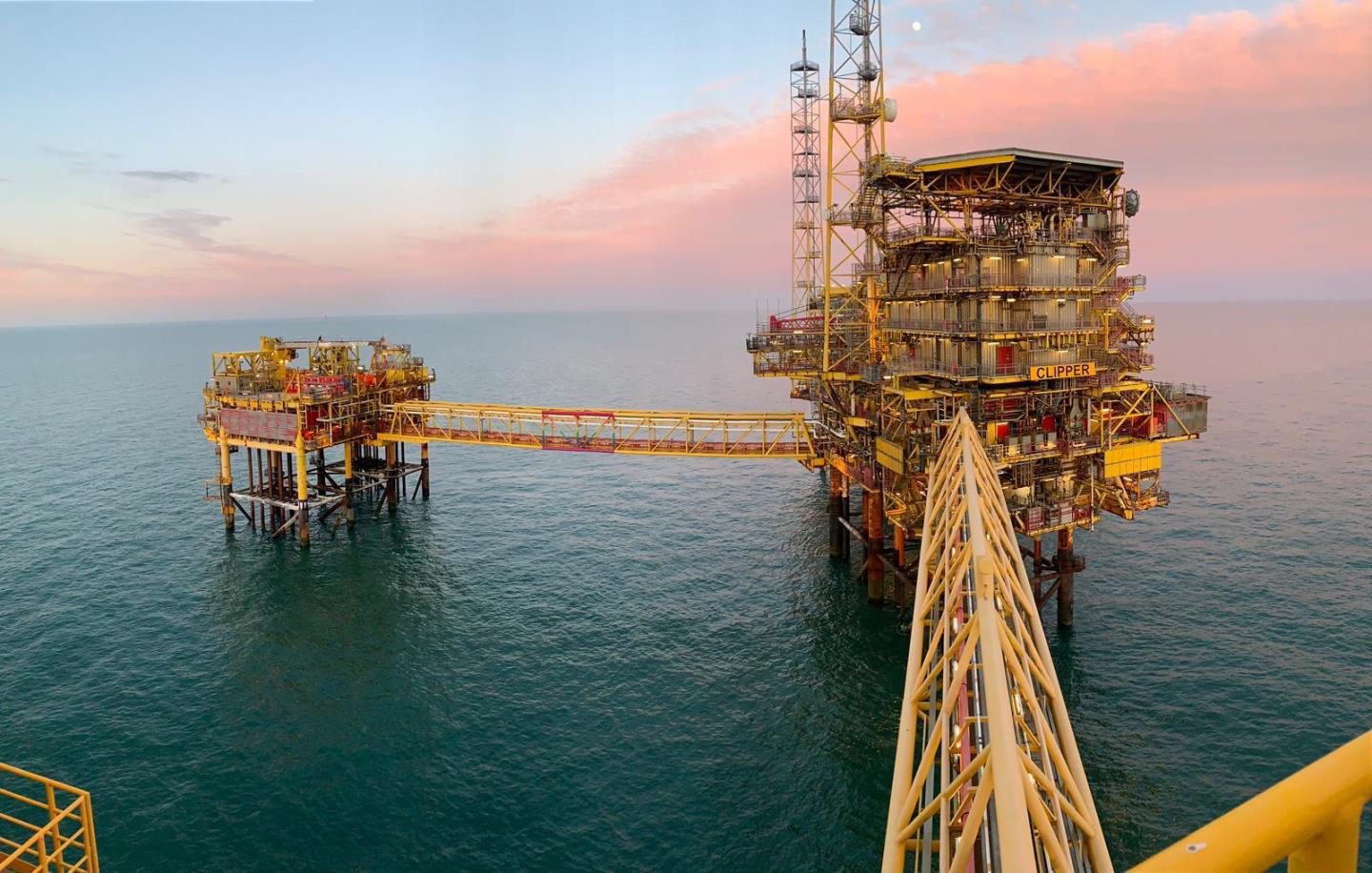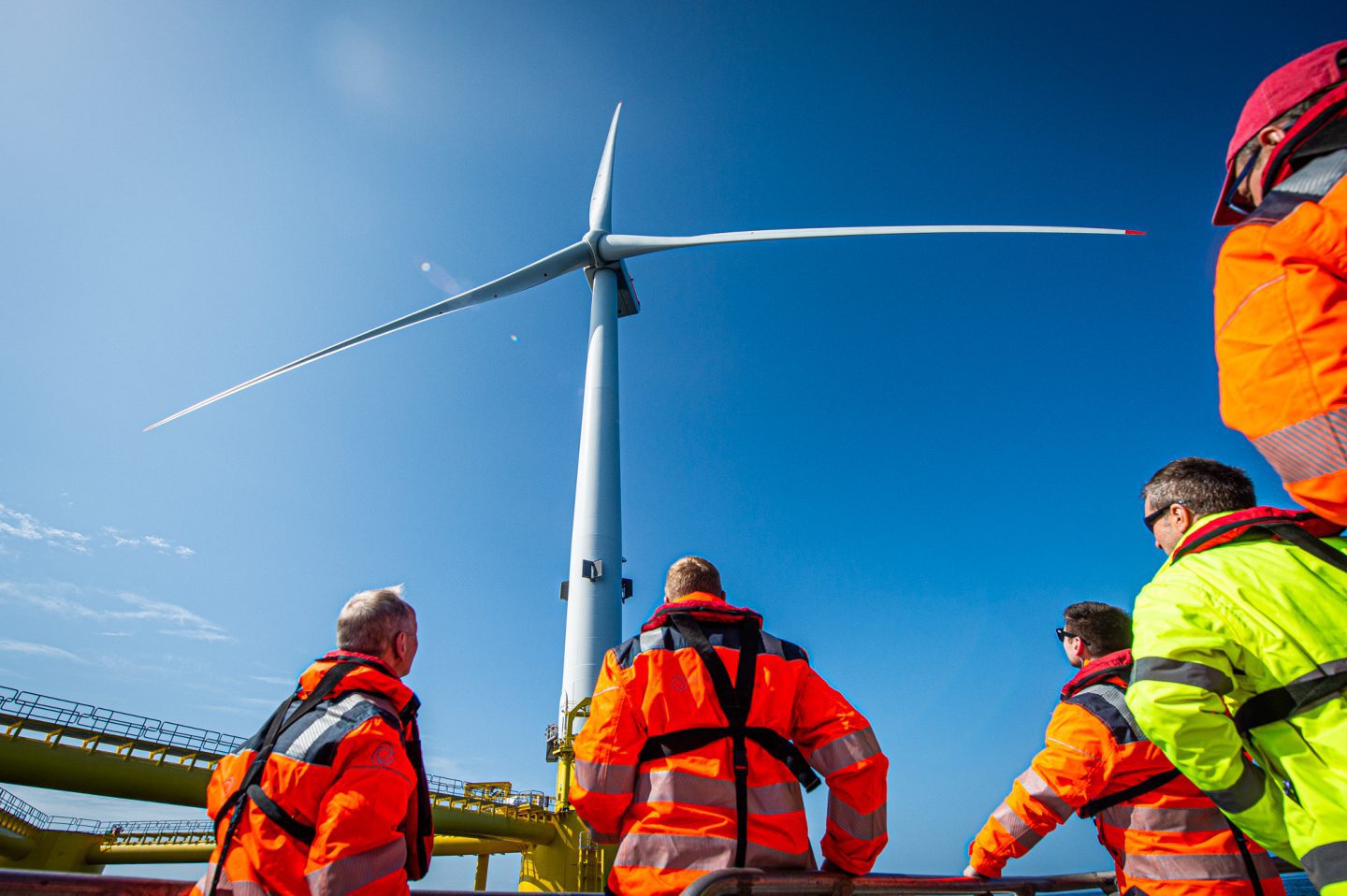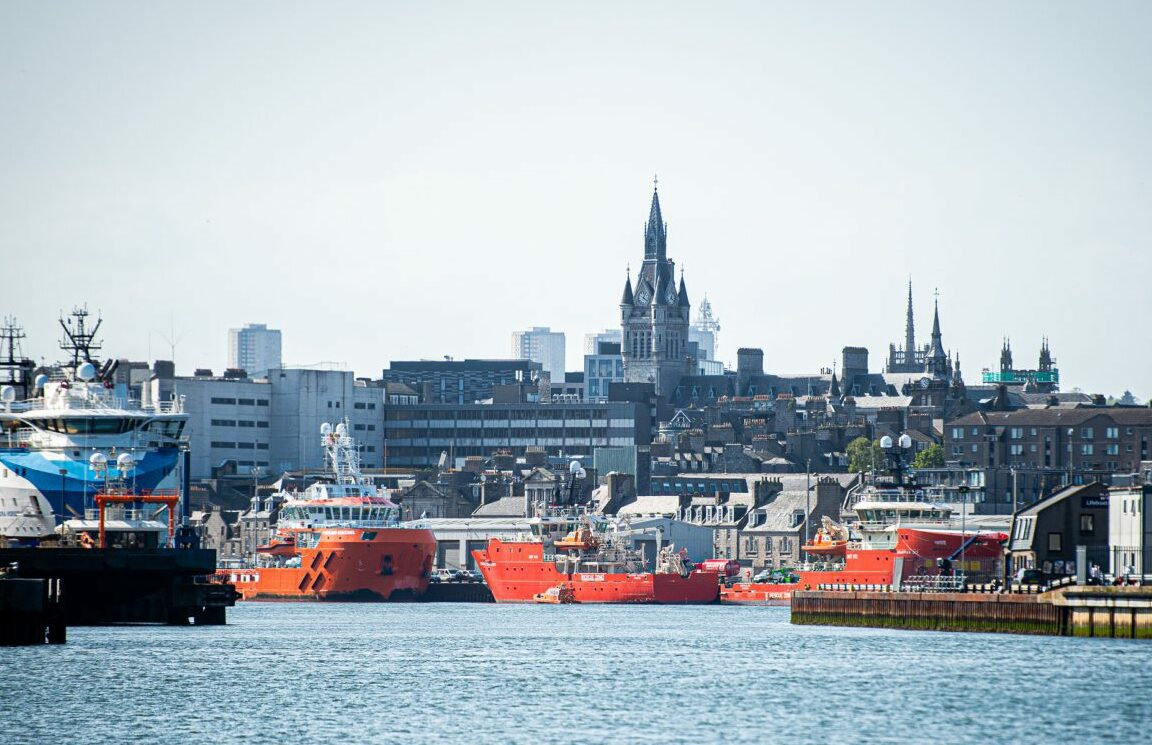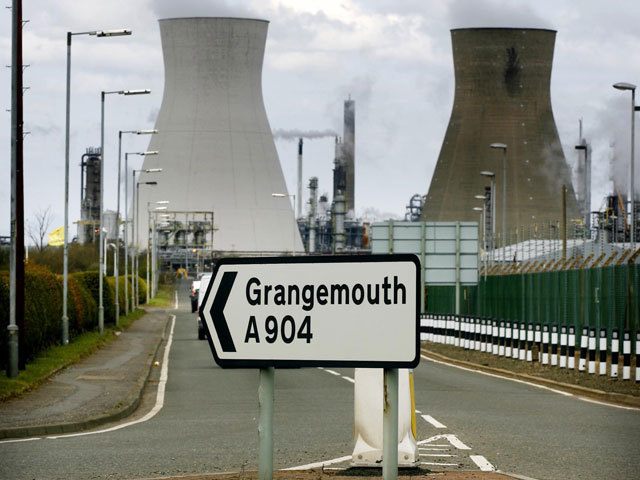
UK energy minister Michael Shanks has urged North Sea investors to “look beyond” the government’s proposed windfall tax, despite warnings the oil and gas sector is “under threat”.
Shanks, who was in Aberdeen to attend the annual conference of trade body Offshore Energies UK, insisted the UK government’s plans to focus on renewable energy development through the establishment of Great British Energy and a National Wealth Fund would demonstrate “the UK is open for business, the North Sea is open for business”.
Speaking to Energy Voice, he said: “We’re looking at, for example, making sure there is that stable economic basis where people can invest, but also the commitments we’ve made to a long pipeline of projects in the renewable sector and what we’ve announced around the National Wealth Fund and GB Energy,” he said.
“There’s a real commitment to it, so I think on balance, I absolutely hear what the sector is saying.
“What we want to do is look beyond the Energy Profits Levy to what comes next to give that certainty to investors.”
Labour’s priority is to deliver its manifesto commitment to ensure a “phased and responsible” transition in the North Sea, Shanks added.
“We all recognize the scale of the challenge, and we are not ignorant to the hard work that it will entail, but my absolute belief is that our best days still lie ahead,” he said.
Labour “not agnostic” on UK industrial future
Shanks said the Labour government is “not agnostic on the industrial future of this country”.
“Which is why we’ve announced GB Energy, why we announced funding for the UK Infrastructure Bank. We’re not agnostic about industrial strategy,” he said.
“We want things to be built in this country and that has an impact also for companies thinking about investing, so that the UK is open for business, the North Sea is open for business.”
Labour recognises the importance of the fiscal operating environment for oil and gas companies, but Shanks said the “wider landscape is incredibly important as well”.
Energy leaders speak out
The event in Aberdeen featured business leaders from across the industry highlighting the dangers the sector faces. The trade body boss continued to warn the North Sea energy ecosystem is “under threat” because of UK government policy decisions.
Offshore Energies UK (OEUK) chief executive David Whitehouse said policies made in the upcoming Autumn budget will have “consequences for the future of our energy landscape”.
Whitehouse said the North Sea supply chain could support the scaling up of carbon capture and storage (CCS), floating wind and other decarbonisation initiatives, but its ability to invest is at risk over proposed changes to the Energy Profits Levy (EPL).
“The North Sea, its people, skills, and companies, are a strength and remain a vital part of our energy ecosystem,” he said.
“But that ecosystem, as we have made clear, is under threat.”
Earlier this month, OEUK warned proposed changes to the EPL could cause a £13 billion hit to the UK economy and put jobs and energy transition investment at risk.
Speaking at the OEUK Conference at the P&J Live in Aberdeen, BP North Sea head Doris Reiter echoed his concerns and warned of a potential “cliffhanger” ahead for the industry, including government plans to remove investment allowances.
Meanwhile, North Sea Transition Authority (NSTA) chief executive Stuart Payne called for the oil and gas sector to rise to the challenge of proving it could continue to operate in a decarbonised energy system.
UK investment ‘increasingly challenging’
Whitehouse said in the last two years the UK has become an “increasingly challenging place to do energy business” because of fiscal and political uncertainty.
“Offshore projects have long and arduous pipelines, with planning and consenting processes that can take years to come to fruition,” he said.
“This is an industry that requires stability and supportive policy to make the massive investment decisions necessary to secure our energy future.”
Whitehouse said the UK had the opportunity to be a “true energy world leader”, but said governments must prioritise policy over politics.
“Energy strategy must outlast this election cycle, and the next, and the next,” he said.
“We need long term planning and stability. We need collaboration between governments and industry and the workforce.
“But a starting point must be an industrial strategy built on partnership, that leverages our industrial strengths, recognises that the journey to net zero is vital but will take time, puts innovation and technology at its heart, and ensures the UK is globally attractive for the energy investment we need.”
£1.4 trillion private investment needed
While recognising Labour’s public initiatives like GB Energy and the National Wealth Fund had a role to play in the UK energy transition, Whitehouse said the UK will need an estimated £1.4 trillion in investment by 2050.
“The lion’s share of that will come from the private sector,” he said.
“We need the UK to be the place of energy investment.”
Whitehouse said there will be no prizes for deindustrialisation, or becoming increasingly dependent on imports.
“Decisions made by this government in the coming weeks will be felt for decades to come,” he said.
“The energy transition will not wait for us. Investors will simply take their capital to other basins around the world. We cannot let that happen.”
Lessons from industry history ‘must be learned’
In his speech to the conference, the energy minister drew parallels between the beginnings of the North Sea oil and gas sector and today’s transition to renewables.
Shanks, who has a degree in history, said in the 1960s the “memories of an industrial revolution fuelled by coal” made people wary of switching to natural gas.
“When the oil and gas industry first came to Aberdeen, it was met with fishing trawlers and a declining shipbuilding and paper industry,” he said.
“There was cynicism amongst Aberdonians that what was coming would deliver real benefits for them.
“No one could have foreseen the incredible growth of this city into what it’s become today.”
The UK managed to convert close to 13 million households from running on coal gas to natural gas in a decade, Shanks said.
“The new gas was cheap, it was convenient, and people liked that it came from our shores,” he said.
Shanks said this underlined the need for the UK to reduce its dependence on fossil fuels, with the decarbonisation of the electricity grid “one of our strongest weapons in the fight against climate change”.
“While 1964 signified the beginning of a new period of energy exploration from under the North Sea, 2024 signifies the increased ambition of our government to accelerate towards energy development above it,” he said.
Union criticises ‘false promises’ on Grangemouth
Ahead of the minister’s appearance in Aberdeen, the Unite union criticised Shanks and his Scottish counterpart Gillian Martin over the closure of Grangemouth.
Unite said both the Scottish and UK governments “collectively failed” to prevent the closure of the refinery, and warned low carbon alternatives “could be years away”.
Unite general secretary Sharon Graham said: “Scotland backed Labour at the ballot box but so far Labour has utterly failed to deliver for the Grangemouth workers when it needed them most.
“The SNP government has also shown itself to be irrelevant to the needs of working class communities.
“This is industrial vandalism on a mass scale.”
Shanks said Labour is committed to supporting the Grangemouth workforce, and said previous governments had failed to plan for its closure.
“The broader oil and gas sector can be assured that the government has a plan, and that’s what Unite has said throughout is that they want government to plan,” he said.
“That’s what we’re going to move forward with pace, it’s what the previous government could have done but didn’t for such a long time.”
Labour is also committed to a future in the North Sea that will “mean years still of oil and gas”, Shanks added.
“But recognising a transition is already underway and we can’t bury our heads in the sand with that,” he said.
“What we need to do is tackle the opportunities and challenges so that the workforce can move into the clean, green, well paid, trade unionised jobs of the future.”
Recommended for you


 © Supplied by OEUK
© Supplied by OEUK © Supplied by Shell
© Supplied by Shell © Supplied by Wullie Marr/ DCT
© Supplied by Wullie Marr/ DCT © Wullie Marr/ DCT
© Wullie Marr/ DCT